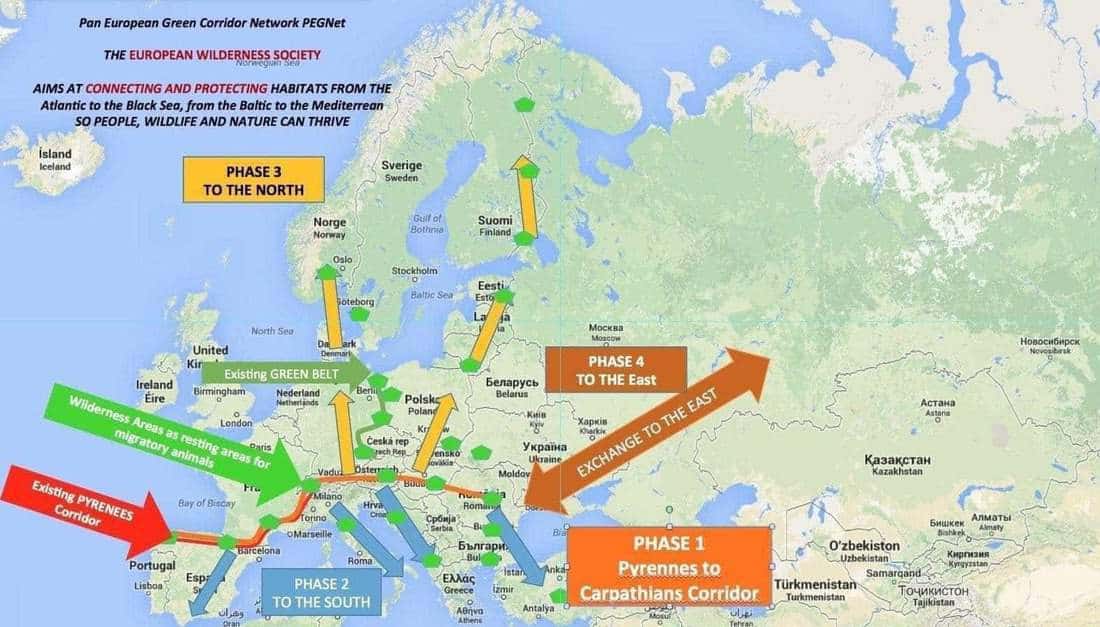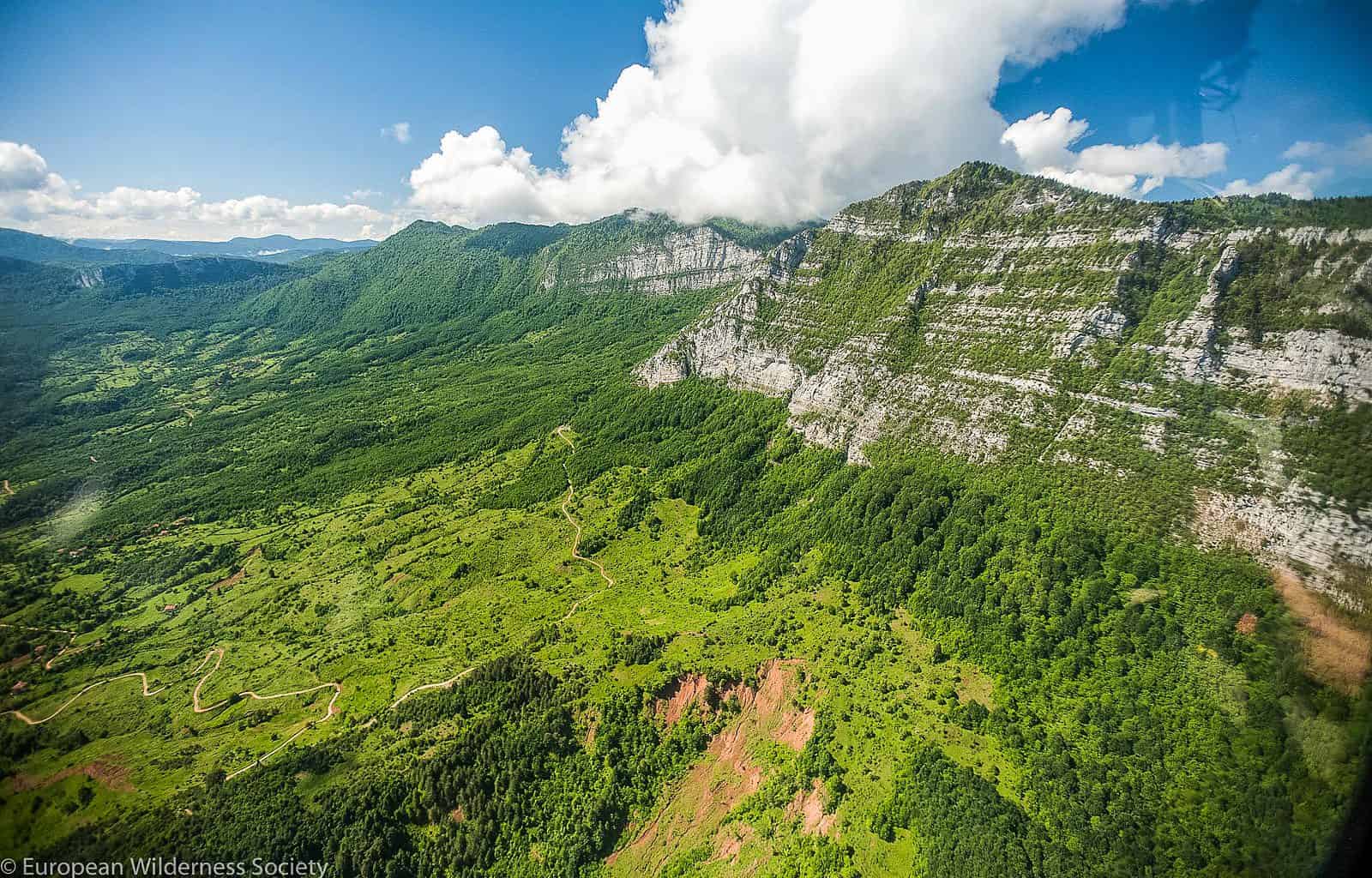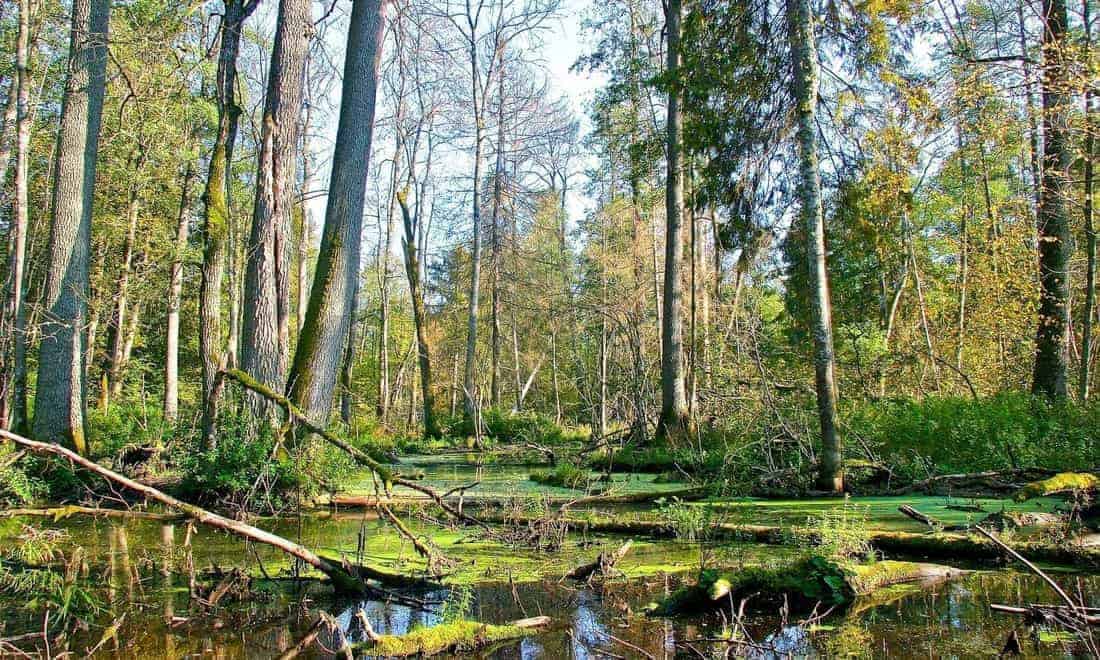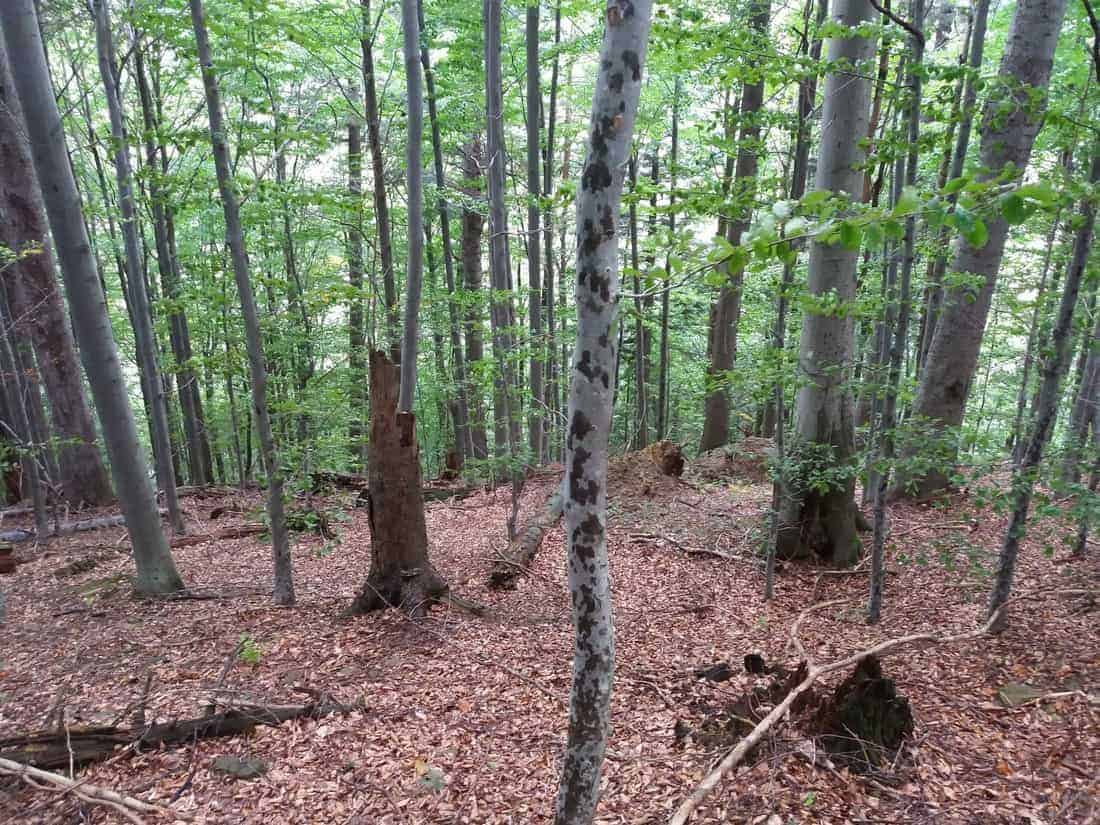Never waste a crisis!
The Corona crisis is already predicted to become the biggest economic crisis in history. Even though we are still in an early stage, it has already surpassed the 2007 financial crisis. Within three months, the crisis hit the three biggest economies in the world, China, Europa and the USA. And other than all other crises before, it brought many parts of life to a complete halt within weeks – and with it the economy. Factories are not producing, shops are closed and many services cannot be offered temporarily. And while the first countries try to open up their economies again, nobody knows how long the crisis will still last.
As a consequence, governments and central banks around the world have approved gigantic economic stimulus packages. They are supposed to help people, who do not have an income during the current restrictions or lose their job. But it is not only about helping the helpless. Politicians and central bankers hope to soften the long-term economic impact and protect companies by providing large sums of money during the crisis. The success of these packages is one of the lessons from the financial crisis 12 years ago.
€ 8 trillion stimulus packages to fight the crisis
Let us have a look at the numbers. Throughout the last month, all hard-hit countries started pumping money into their economies:
- USA: $ 2 trillion
- Germany: € 1 trillion
- Japan: $ 1 trillion
- Italy: € 750 billion
- Austria: € 38 billion
- EU: € 37 billion
Central Banks around the world also try to stimulate the economy by rolling out huge packages:
In Europe, these current packages might only be the start. Germany, the UK, France, Italy and Spain – the five biggest economies in Europe – have all had massive outbreaks of Covid-19. There is no question that the EU will react with more financial aid for the most struggling countries. Members states just have to agree if the aid will amount to € 200 billion or € 1.5 trillion.
In addition to these superior institutions, a lot of local governments are opening their pockets. It must be said that most of the money in these packages are not ‘gifts’, but loans or guarantees meant to be paid back. However, as again the financial crisis taught us, a large part will probably never be repaid. The German government used the same approach back then and rolled out € 400 billion in bank guarantees, of which at least € 70 billion could never be recovered. And this time it will likely be more since parts of the economy are in a complete stand still without any revenue.
So, just the numbers we mentioned add up to almost € 8 trillion. And again, we are still in the beginning of the crisis. Depending on how much of the world will be affected and for how long, this number could multiply within the next months or even years. This is an amount of public money that has never been spend before in such a short amount of time. It has the power create real change in this world.
How should this money be spent?
But maybe we should focus on another lesson from the financial crisis. That everything goes back to normal, if we do not actively use this chance to change the system. Before corona hit the world off-guard, many experts warned that the next financial crisis is just one bankrupt bank away. Banks, hedgefonds and other financial players started their dangerous games again soon after the crisis was over.
This time it is not financial recklessness that caused the crisis. Actually, it is still not sure how SARS-CoV-2 was transmitted to humans and then spread so rapidly. But we know that the role environmental degradation and wildlife trade increases in the transmission of animal-borne diseases.
Please also read: How Environmental Destruction Paves The Way For Pandemics
So, the question is: Should we spend trillions of Euros just to restore our fossil fuel based economy to the state it was before? To a state where natural and human resources are shamelessly exploited. Where global inequality is growing and the poorest are hit the hardest by the natural consequences of our economic activity. To an economy with a clear expiration date determined by dwindling resources and the climate crisis – which we know since 1972 and “The Limits of Growth“.
Or should we spend this money to transform our current economical system to a future-proof, sustainable and fair system? The biggest argument against a green transition are always the costs. Opponents of climate change action often say it would put too much financial burden on disadvantaged citizens. When it comes to the climate crisis, even neo-liberalists rediscover their heart for the poor.
But this crisis shows how twisted that logic is. The underpriviliged population always suffers the most in times of crisis. They lose their jobs first, they are the first ones not being able to pay their bills. That is why so many governments now offer help. But it looks like the majority of money will go to “system-relevant” companies, just like it did during the financial crisis. Companies that have made billions of profit throughout the last years are already starting to ask for billions from their governments. The German governments already announced that they are willing to partly and temporarily nationalise big German companies to protect them from bankruptcy and hostile takeovers.
Lessons from this crisis
This shows two things: To protect the underpriviliged, we have to avert the climate crisis now. We can already see that around the world, where climate change creates droughts, fires, water shortage and other catastrophes. And farmers, indigenous communities and villagers pay the price.
Secondly, while governments around the world recite again and again that they have no money for a green transition, they now made record sums available in record time.
Why not use this ooportunity to kick start a green transition? Large parts of the industry stand still. Why not use the money and time to start trainings for workers from fossil fuel reliant industries?
Let us transform the economy to be green
While nobody can really how expensive it will how transition to carbon-neutral economy, it is clear that there is no alternative. The climate crisis will become more expensive with every Euro we do not spend now. And it might be cheaper than we think. UN scientists estimate that we halt climate change by 20 years with only $ 300 billion. Not even 5% of the amount we just talked about…
Just to name a few, why not use the € 8 trillion to:
- train engineers at Boeing to build climate friendly power plants instead of C02 killing airplanes in its large factories,
- replace coal and gas power plants with solar and wind farms,
- renovate and insulate private homes to be climate neutral,
- develop public transport infrasturcture to replace highways,
- electrify and expand our railway systems,
- expand and create more regional supply chains for our food instead of shipping produce from overseas with polluting ships,
- replace office buildings with more home office and shared office space,
- promote local holiday instead of city weekends in capitals of the world using airplanes
- and so on..









